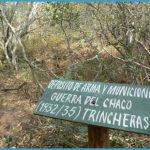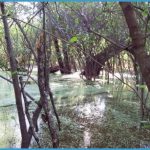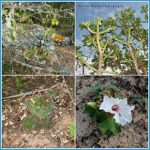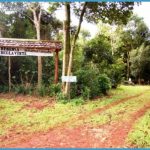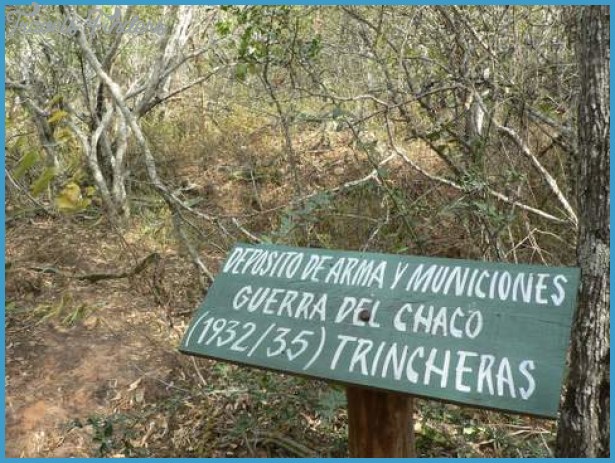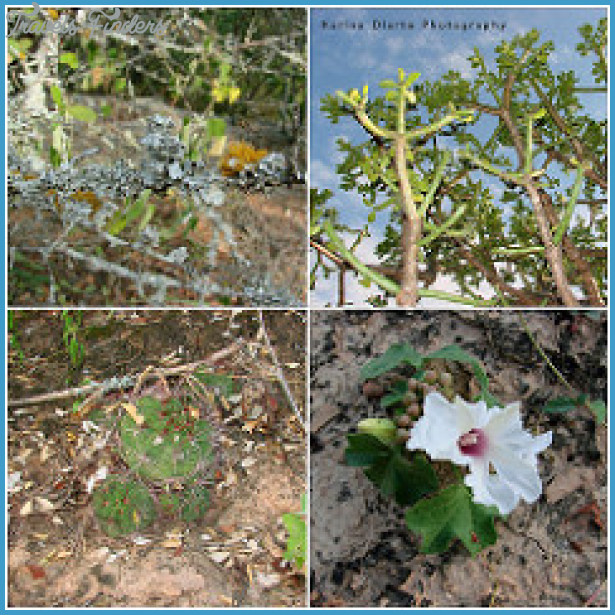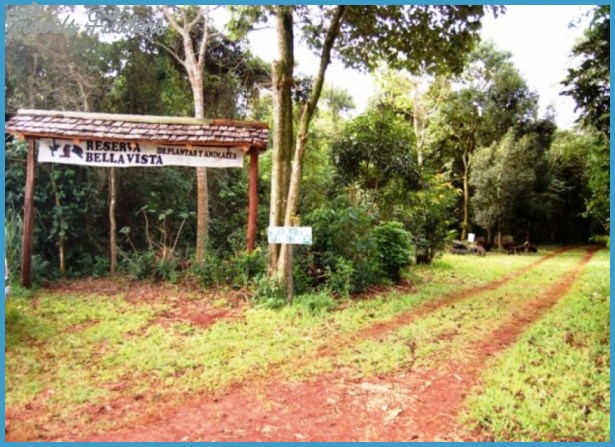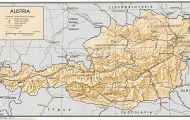Located alongside the Trans Chaco Highway, Parque Nacional Teniente Enciso is the most easily accessible of the Chaco’s national parks. At 40,000 hectares, the park is on the small side, but is charming and an excellent example of the dry Chaco habitat. This park is a good option for those who are interested in the Chaco’s flora and fauna but do not have the time or resources to visit the larger, more remote Parque Nacional Defensores del Chaco. The park has only one official marked trail of about two kilometers. The trail makes a loop through the park’s characteristic vegetation including the palo borracho, spindly and bluish palo santo, quebracho blanco, covered in craggy pale bark, and, of course, thorny cacti galore. In addition, there are several Chaco War era trenches along the trail. The vegetation is thin enough that you can go off trail in some parts, but make sure to check yourself for ticks afterwards. If you are visiting without a tour guide, it is possible to see other areas of the park with the park ranger (provided you donate gas money). The park is home to peccaries, deer, armadillos, and jaguars, though spotting the latter takes luck and patience. As with the rest of the Chaco, you are more likely to see wildlife if you visit with an experienced tour guide.
Teniente Enciso also operates as the administrative headquarters for the sand dune covered Parque Nacional Medanos del Chaco ninety-five kilometers to the north along the Trans Chaco (unfortunately this park is difficult to access due to the sandy nature of the road and the lack of visitor’s facilities).
Teniente Enciso was once a military post, and the old headquarters have been transformed into a well appointed visitor’s center. There are several dorm rooms, some of which even have A/C. Out front there is an impressively large palo borracho tree, home to many birds. Should you choose to do so, there is plenty of space to camp – just make sure to find a shaded area. The center has a kitchen (though you may have to provide the park guard with money to purchase cooking fuel) and barbeque facilities. If you are short on food, there is a small store about 800 meters from the park headquarters at Cruce San Miguel, but you pay a hefty premium.
Getting There
Parque Nacional Teniente Enciso is located at km 700 of the Trans Chaco Highway. From Mariscal Estigarribia continue north on the Trans Chaco Highway to the tiny town of La Patria (this is a good place to stock up on gas and food if you haven’t done so already). Past La Patria, the Trans Chaco Highway is no longer paved. The park entrance is twenty kilometers past La Patria on the right-hand side of the road about twenty meters past the large welcome billboard. A 4-wheel drive vehicle is not needed for this trip during the dry season as only the last twenty kilometers are on unpaved road.
Nasa-Golondrina (Tel: 0494 247 282) runs a weekly mini-bus (nicknamed the “Nasa’i” meaning little Nasa in Guarani) from Mariscal Estigarribia on Tuesdays. However, this schedule is subject to change, so it is important to reconfirm it by phone or, better yet, at the Nasa-Golondrina bus terminal in Mariscal Estigarribia. Bus fare is Gs. 50,000.
Tatus of the Chaco
Scurrying across the road at all hours of the day armadillos are one of the most commonly spotted animals of the Chaco. The Chaco is home to several armadillo species which are usually referred to by their Guarani names such as the tatu carreta (giant armadillo), tatu bolita (three banded armadillo), tatu poju ‘i (lesser hairy armadillo), and the tatu hu (nine banded armadillo). While the word tatu means armadillo in Guarani it is also Paraguayan slang for female genitals. So don’t be surprised if the discussion of tatus elicits a few chortles or off color jokes from Paraguayan travel companions.

